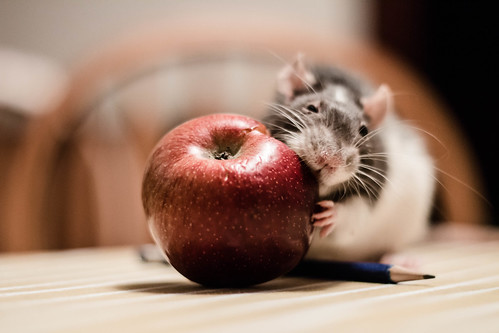Welcome to Word Buzz Wednesday, your go-to place for some of the most interesting words of the week. The latest: a cozy Danish concept, the tide is extremely high, and a trove of Trump-manteaus.
hygge
“Unfortunately for native English speakers, the first step to achieving hygge is trying to pronounce it.”
Christina Cauterucci, “A Guide to Hygge, the Danish Concept of Coziness That Basically Means ‘Candlelit Uterus,’” Slate, October 7, 2016
Hygge is a Danish word that means a sort of blissful, cozy contentment. Denmark has hyggelig cafes, says Slate, where hyggelig translates as nice, friendly, cozy, homey, and awesome.
king tide
“If you went for a walk this week on Boston’s Long Wharf and are wondering why your shoes are soaked, they’re called king tides.”
Nik DeCosta-Kilpa, “What’s a king tide and why are they flooding Boston’s waterfront?” Boston.com, October 18, 2016
King tide is a colloquialism, says Boston.com, and refers to the highest tide of the year. King tides occur “when the Earth, sun, and moon are as close to each other as possible in their relative orbits.”
autophagy
“Such products helped Yoshinori Ohsumi claim the prestigious award for his work in what’s known as autophagy, a process by which cells degrade and repair themselves.”
Min Jeong Lee, “Don’t Believe the Hype, Says Japan Bio CEO, as Nobel Lifts Stock,” Bloomberg, October 13, 2016
Autophagy refers to “the process of self-digestion by a cell through the action of enzymes originating within the same cell,” also known as cell cannibalism.
Nobel Prize recipient Yoshinori Ohsumi’s “discoveries could be applied in numerous health-care products, and even help to mitigate damage from cancer,” says Bloomberg.
Trumpkin
“The small but growing craft community has invented the term ‘Trumpkin’ to describe their vegetable homages to the Republican nominee.”
Patrick Evans, “‘Trumpkins’ and Clinton pumpkins keep carvers busy this Halloween,” BBC, October 12, 2016
Trumpkin is a blend of “Trump” and “pumpkin.” Other Trump-manteaus include Trumpmentum (as in, “A certain GOP candidate is losing Trumpmentum”); Trexit, “exit from the U.S. on account of Donald Trump”; and Trumpenfreude, pleasure derived from the Donald’s misfortune.
pussy-bow
“She opted for what’s called a ‘pussy-bow’ blouse—a sartorial reverberation of her husband’s lewd remarks, apparently by Gucci in silk crepe de chine.”
Marc Bain, “Melania Trump’s ‘pussy-bow’ shirt at her husband’s second presidential debate was ‘not intentional,’” Quartz, October 10, 2016
A pussy bow is “a large, floppy bow on an item of clothing.” According to the Oxford English Dictionary (OED), the term is a shortening of pussy-cat bow, “a large floppy bow, usually worn at the neck.”
While the OED’s earliest citations of pussy-cat bow and pussy-bow are, respectively, 1932 and 1946, Grammarphobia antedates both. Pussy-cat bow “first showed up in the late 19th century” while the first example they’ve seen for “pussy bow” is from a 1908 book called Business and Advertising.






